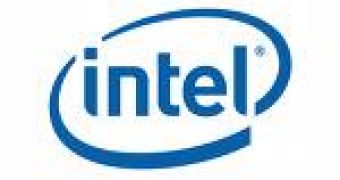Intel managed to ink a large low-cost laptop deal with Portugal's government to deliver 500,000 units of the company's Classmate PC for primary school pupils. The notebooks will be manufactured in northern Portugal and Intel expects them to be shipped during the upcoming school year.
The delivery of the half million computers is a part of the Magellan Initiative, an educational technology program which was launched yesterday by the Portuguese Prime Minister Jos? S?crates and Intel Chairman Craig Barrett.
"This new collaboration with Intel underscores Portugal's commitment to advance quickly toward a knowledge-based economy," S?crates said. "By equipping our schools with state-of-the-art computing technology and Internet connectivity, we hope to hasten the transition to economic models that benefit our citizens."
S?crates said that the pupils who are under the government's existing subsidized "e-School" program are those who will receive the computers, stated Associated Press. The maximum price for the machine will be around $78(?50), but the cost will be determined for each student based on the family's income.
The new deal Intel managed to ink ads fuel to the rivalry between the company and the One Laptop Per Child (OLPC) charity foundation. Both rivals compete in selling small, cheap notebooks intended for educational purposes in developing countries.
Intel initially created Classmate PC design for the OLPC project, but left the foundation after receiving cold responses due to the fact that the mobile PC was made available for retail as well. Even before joining, Intel was criticized by OLPC's visionary Nicholas Negroponte, who said that the chip manufacturer should be "ashamed of itself" for its move.
Negroponte continued to ask the company to put an end to the selling of the Classmate laptop even after Intel joined the organization. The chip maker collaborated with the foundation for only six months. OLPC said that Intel left due to "a complete lack of cooperation by Intel on software, learning etc.," not because of the rivalry between the machines.

 14 DAY TRIAL //
14 DAY TRIAL //